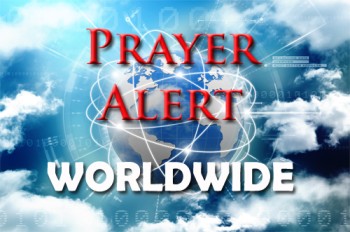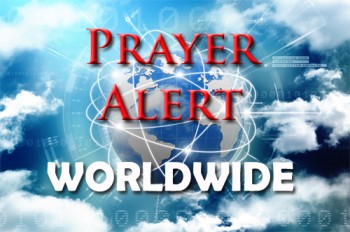Displaying items by tag: stranded
Sudan: prayer needs
Sudanese passports are locked inside European embassies. Spain's foreign ministry urged people to obtain travel documents from the Sudanese authorities. Mohamed was waiting for his visa for a Spanish holiday when war erupted. He phoned the Spanish embassy to retrieve his passport. The receptionist asked, ‘Are you Sudanese or Spanish?' He said he was Sudanese, she immediately hung up. Mr Badawi works for a French company. His passport was at the French embassy and they refused to return it. There are many more trapped. 15.8 million people already needed humanitarian assistance before the conflict. Now the situation is dire. Water, food, fuel, and medical supplies are scarce. The UN and partners are working to reboot the humanitarian response. Also the toll on children and young people’s mental health is profound. Additionally, the cost of transportation out of the worst-hit areas has risen exponentially, leaving the most vulnerable unable to move to safer areas.
USA / Mexico: stranded Africans
It is reported that 4,799 Africans were apprehended in Mexico between January and July, a fourfold increase over the same period in 2018. Between 1,500 and 3,000 Africans are currently camping in tents outside the Mexican city of Tapachula. They have been there for months after fleeing conflict-ridden countries like Cameroon and DR Congo. Most flew to Brazil, then made the dangerous journey north through road-less swathes of jungle into Mexico, hoping finally to reach the USA to claim asylum. They can’t leave Tapachula without a permit, but these are scarce since Mexico agreed to help President Trump to limit numbers crossing the border. Now Trump intends to bar people from applying for asylum if they haven’t first applied in the countries they crossed - Honduras, El Salvador, and Guatemala. Migrants could be deported back to ‘safe third countries’, which are not safe and would put many at renewed risk.

